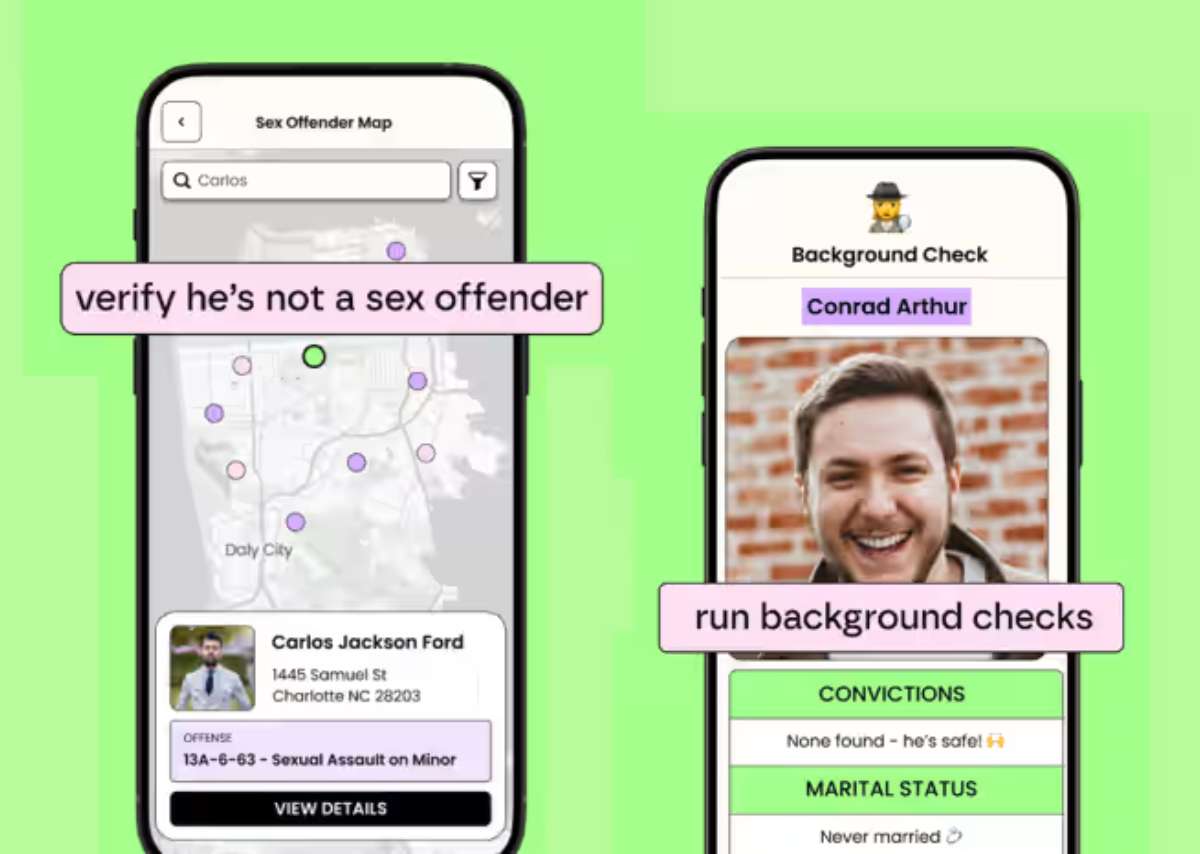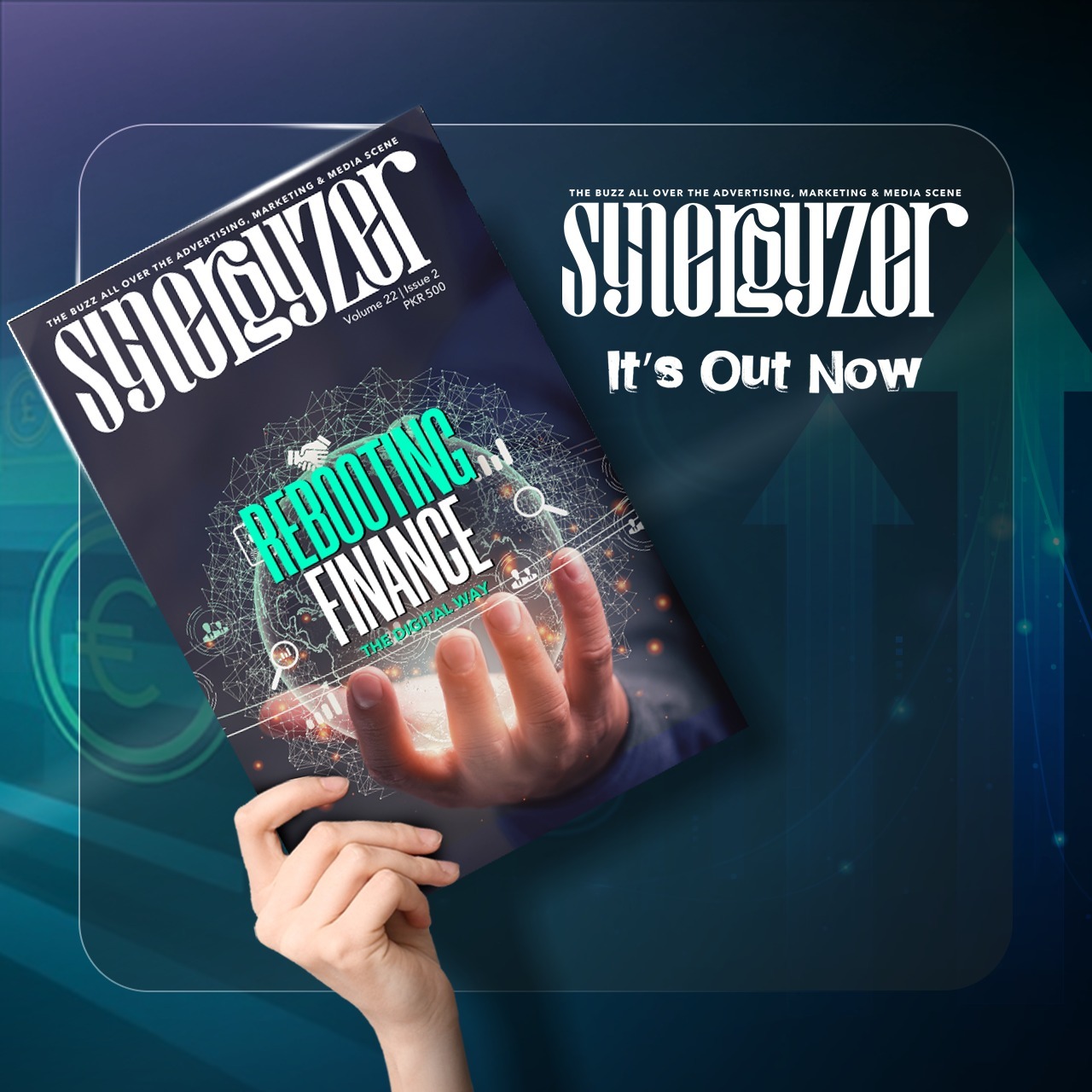It was hailed as the Rotten Tomatoes for dating. An app where women could leave reviews on men they’d dated. Tea Dating Advice, a US-based women-only app with 1.6 million users. The platform launched quietly with a clear mission: to arm women with information, red flags, and real-world testimonials before they swiped right.
But just as the app began to make waves for its radical transparency, things took a dark turn.
Tea got hacked, and it is being said that there had been “unauthorised access” to 72,000 images submitted by women. Some included images of women holding photo identification for verification purposes, which Tea’s own privacy policy promises are “deleted immediately” after authentication.
What was Tea all About?
In a dating world filled with catfishing, ghosting, and bare-minimum behaviour, Tea positioned itself as a feminist disruptor. Only women (or those who identify as such) could leave reviews on male profiles. You could share whether a guy was kind, emotionally intelligent, a good communicator or, on the flip side, manipulative, flaky, or worse.
The idea was accountability. A Yelp for boyfriends, if you will.
Users could search for a name, see how many stars they had, and read through verified anecdotes. Some men leaned into it, using good reviews as dating resume boosters. Others were less thrilled.
The company was set up in November 2022 by Sean Cook, a software engineer who said he was inspired to create Tea after witnessing his mother’s online dating experiences.
He told Medium in May, “I was shocked by how easy it was for catfish, scammers and criminals to take advantage of women on dating apps and how little traditional dating apps do to protect users.”
Supporters argued it gave women a much-needed tool in a male-dominated dating market, where consequences for bad behaviour are rare. Critics likened it to a public blacklist with no due process. After the hack, the debate only intensified. Was this inevitable?

The Hack that Spilled the Tea
Things escalated when Tea’s database was breached earlier this month. Sensitive data like usernames, reviews, and even some private messages were exposed. Screenshots of reviews flooded X (formerly Twitter), with many unredacted. Some men were publicly identified, complete with scathing comments from former partners.
For an app that claimed to be “safe, secure, and empowering,” the breach felt like a betrayal. Not just for the men whose reputations were suddenly on public trial but especially for the women who trusted the app to protect their identities.
Tea said the breach affected members who signed up before February 2024. It added that it had “acted fast” and was “working with some of the most trusted cyber security experts“.
There’s no question that dating apps have long lacked safety features for women.
But when reviews leaked and turned into viral callouts, the power dynamic becomes murky.
What’s Next for Tea App?
The app has gone offline temporarily, with its founders issuing a brief statement: “We are investigating the breach and working to protect our community. User safety is, and always will be, our top priority.” Many aren’t convinced.
The broader question remains: Can a platform like this exist ethically and safely? Is it possible to crowdsource dating accountability without weaponising it or risking another data disaster?
Tea tapped into a powerful desire for honesty and transparency in modern dating. But the hack proves that even the most well-intentioned ideas need an airtight infrastructure and a firm grasp on digital ethics.
For now, all we can say is that perhaps Tea was too hot to handle.
Stay tuned to Brandsynario for latest news and updates







































